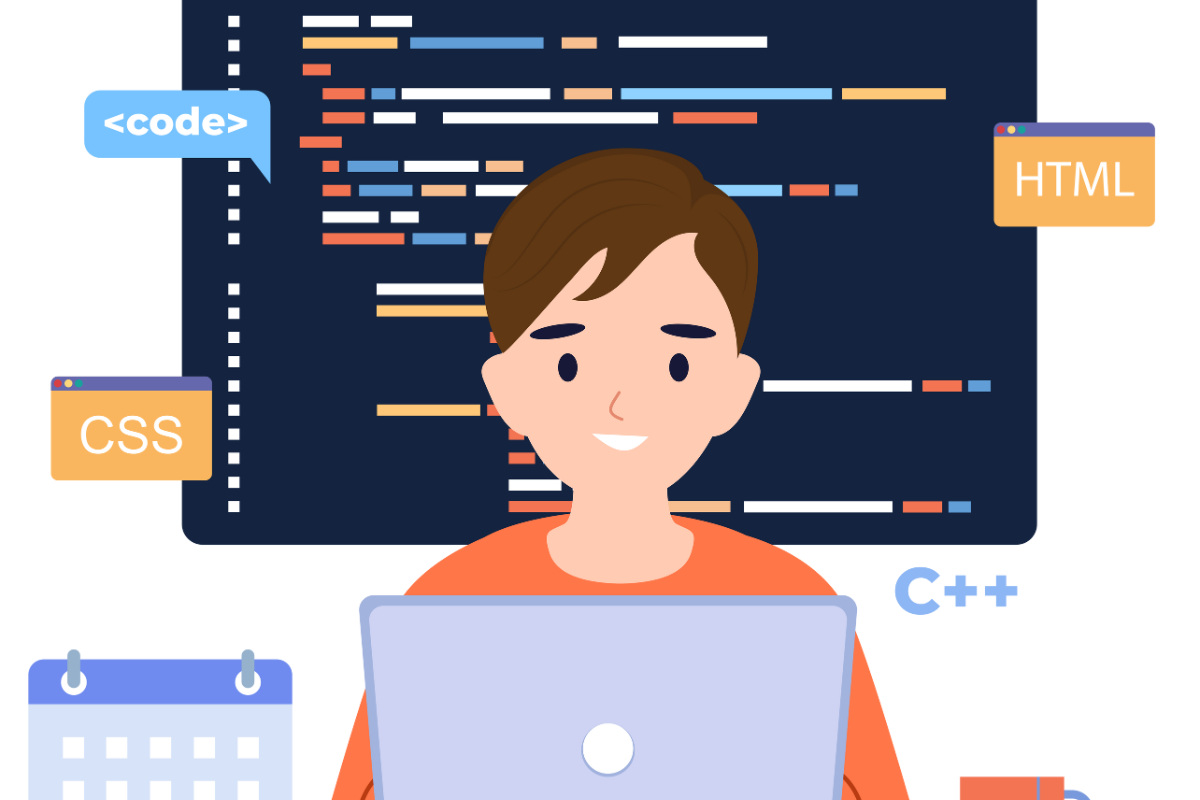In the rapidly evolving landscape of technology, understanding the nuances of custom software development costs is crucial, especially as we approach 2024.
Whether you’re a startup looking to innovate or an established business aiming to modernize, custom development services offer tailored software solutions that can drive your venture forward.
However, the road to custom development is paved with financial considerations that can significantly impact your project’s success.
This article will explore key factors influencing the cost of custom software development in 2024, from the complexity of your project to the choice of your development team.
By staying informed, businesses can make strategic decisions that balance cost with functionality, ensuring a competitive edge in the digital era.
Post Contents
Why Consider Custom Software Development?
Businesses are perpetually on the lookout for different methods to streamline their operations and augment efficiency.
Custom-made software has emerged as a powerful tool in this pursuit, offering a wide array of benefits that can dramatically transform the way businesses operate.
First and foremost, let’s delve into the key reasons why businesses should seriously consider adopting custom-built software solutions.

Unrestricted Ownership And Control
One of the most compelling advantages of custom software development is the full ownership and control it offers to your business.
When you choose to have software custom-built for your specific needs, your company gains absolute ownership over the product.
This means you have the freedom and flexibility to make changes, updates, or enhancements as and when required.
The ability to tweak the software in line with evolving business needs can be a game-changer in maintaining operational efficiency.
Exceptional Personalization
Custom software is akin to a well-tailored suit – it fits your business perfectly. It is designed to meet the requirements of your in-mind business, which can significantly boost efficiency and productivity.
Unlike generic, off-the-shelf software, custom-built software aligns seamlessly with your workflows, processes, and goals, leading to improved performance and outcomes.
Enhanced Flexibility and Scalability
Custom software development provides a solution that is inherently flexible and scalable. As your business evolves, so can your software.
Whether it’s expanding to accommodate growth or adapting to changes in your business model, custom software ensures seamless adoption and integration. This adaptability can prove invaluable over time, setting the stage for sustained success.
Strong Security Measures
By being the owner of the software, you gain control over the security measures in place. This allows you to enforce robust security protocols, providing a safer environment for your invaluable data.
With the rising threat of cyberattacks, this added layer of security can be a significant advantage, offering peace of mind and protection against potential breaches.
Long-term Cost-effectiveness
While the initial investment in custom software might seem daunting, it can prove to be more cost-effective in the long run.
A study by Forbes reveals that companies investing in custom software experience a 35% increase in operational efficiency and a 30% reduction in IT-related costs.
The savings generated over time, combined with the improvements in efficiency and performance, make a compelling case for the cost-effectiveness of custom software.
To conclude, while off-the-shelf software may offer quick, ready-made solutions, custom software development brings to the table tailored solutions that cater to unique business needs.
It has the potential to elevate customer satisfaction levels, reduce errors, increase operational efficiency, and even drive sales growth.
In a competitive business landscape, custom software development could well be the differentiator that propels your business to new heights of success.
All The Crucial Factors To Consider About The Development Cost Of Custom Software
The decision to plunge into custom software development is a significant one, and getting a clear understanding of the associated costs is indispensable for any business.

The price tag attached to the creation of custom software can exhibit substantial variations, shaped by an array of factors that span from the intricacy of the project to the selection of technology.
In this guide, we delve deeper into the key elements that collectively determine the development cost of custom software, providing you with a comprehensive overview of what to expect.
Project Scope and Complexity
At the top of the list of influential factors determining the cost of custom software development lies the scope and complexity of the project.
If your envisaged software necessitates cutting-edge features or intricate integrations, the development cost is bound to be higher.
Similarly, if your aim is to construct a large-scale system catering to multiple functions across diverse departments, the expense will naturally be heftier compared to a simple application with basic functionality.
Choice Of Technology
The selection of the technology stack can also leave a significant impact on the cost of custom software development.
Certain technologies might come with a higher price tag than others, depending on their capabilities and the level of expertise required for their implementation.
For instance, developing a mobile app using native technologies (such as Swift for iOS or Kotlin for Android) could turn out to be pricier than opting for a cross-platform technology like React Native.
Development Team
The size and composition of the tech team can greatly sway the cost. A larger team comprising various specialists (including project managers, UI/UX designers, developers, quality assurance engineers, etc.) might result in higher costs, but it may also guarantee a more comprehensive, high-quality outcome.
The geographic location of the team also plays a role, as rates can differ considerably between regions.
Timeframe
The project’s timeframe can also influence the cost. A tighter deadline might necessitate ramping up resources to meet the timeline, thereby escalating the cost.
Conversely, a longer timeline might afford the luxury of a smaller, more affordable team to work on the project.

Maintenance and Updates
The cost of custom software development doesn’t conclude with the product launch.
Regular maintenance, updates, and potential enhancements are vital to maintaining the software’s smooth and secure operation. These ongoing costs need to be factored into the overall budgeting.
Security Measures
Depending on the nature of your business and the type of data your software will handle, you might require investing in advanced security measures.
This could encompass encryption, secure user authentication, and compliance with privacy regulations, among others, all of which can contribute to the overall cost.
User Experience Design
An exceptional user experience is pivotal for any software’s success. This involves conducting user research, design, testing, and iteration, all of which require time and expertise and contribute to the total cost.
In short, gaining a thorough understanding of the factors that contribute to the development cost of custom software can empower businesses to make well-informed decisions about their investments.
While the initial cost may appear lofty, the long-term benefits of custom software – such as enhanced efficiency, productivity, and customer satisfaction – often justify the investment, providing substantial returns in the long run.






























